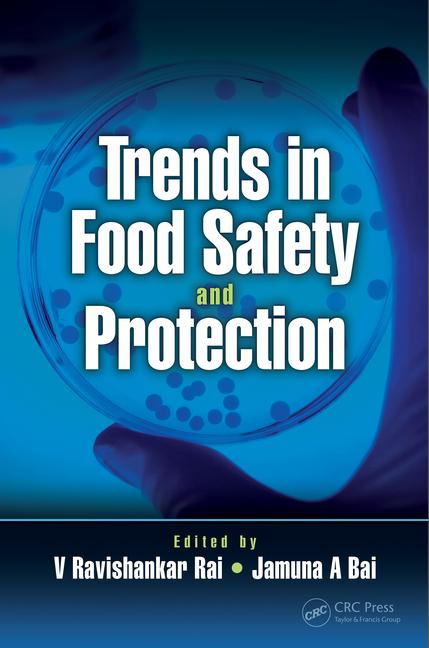STOP Foodborne Illness to Send Recommendations to FDA to Improve Consumer Food Recalls

STOP Foodborne Illness has announced that the organization has finalized recommendations to the U.S. Food and Drug Administration (FDA) to modernize the nation’s food recall system. The recommendations are in conjunction with the first anniversary of FDA's "New Era for Smarter Food Safety" blueprint.
The document, entitled "Collaborative Plan to Achieve Customer-Focused Recall Modernization," outlines the steps needed for the U.S. to improve its recall process. FDA made updating procedures for reaching out to consumers about potentially unsafe food products a priority when it issued its New Era for Smarter Food Safety blueprint last year on July 13, 2020. The nation’s aging food recall system was most recently enhanced five years ago.
The four core elements of the New Era for Smarter Food Safety blueprint, along with STOP Foodborne Illness's recommendations, provided as bullets, include:
- Tech-Enabled Traceability
- Identify and address inconsistency in recall avoidance and limitation strategies. Best practices are needed to develop more effective approaches to lot management, clean breaks, and sampling.
- Identify best practices in information sharing throughout the food supply chain to facilitate the recall process.
- Review current outbreak and response protocols to identify ways to accelerate information sharing. Align RFR and recall process to share information digitally.
- Identify causes and propose solutions to inconsistencies in how and when a recall is triggered.
- Identify the cause and impact of inconsistent and inefficient decision-making within firms involved in recalls regarding communication and interaction with agencies on what, how much should be recalled, and what information is communicated.
- Smarter Tools and Approaches for Prevention and Outbreak Response
- Identify and implement consistent policies that can be implemented by federal, state, and local partners for outbreak investigation and recall initiation.
- Streamline information sharing between federal, state, and local agencies to share relevant information about investigations and recalls. Recall effectiveness checks are often done at the state and local level, but investigators do not have access to information provided to FDA. Sharing information would make the current process more efficient. Technology should be evaluated to increase the efficiency and information sharing. Providing states with direct access to information would facilitate the process. Focus should be on consumer perceptions and actions and not on counting packages and cases.
- Explore mechanisms to harmonize FDA and U.S. Department of Agriculture (USDA) recall communications to consumers.
- Apply consistent policies for recalls, recall communications, recall effectiveness checks, and classification of recalls.
- Explore use of technologies to enhance recall communication and effectiveness.
- Enhance connectivity of data from Reportable Food Registry submissions to inform food recalls and sharing of data.
- Evaluate ways consumers receive and develop tools to provide real time recall notifications. Leverage public/private information sharing.
- The blueprint encouraged the use of register lockdowns. This is a widely used practice at the point of sale. The action blocks sale of any product sharing the same SKUs. Lot specific blocking is not currently supported. This is often one of the first steps in recall execution and happens within minutes to hours of recall notification from suppliers. FDA and USDA Food Safety Inspection Service should work with the food industry and support commonly adopted practices.
- Create a consumer-focused risk communications strategy.
- Obtain information and evaluate research on consumer perceptions and behavior related to recalls.
- Create an Oak Ridge Institute for Science and Education Research Fellowship to evaluate effective recall modernization and consumer communication tools to drive change. Promote evidence-based risk communication approaches and apply to recall communications.
- Investigate social media and the impact on recall communications.
- Develop evaluation tools for recall effectiveness, including knowing if consumers have disposed of or returned recalled products.
STOP Foodborne Illness's proposal will be delivered to both Dr. Janet Woodcock, FDA acting commissioner, and Frank Yiannas, FDA deputy commissioner for food policy and response.
Food safety is a core element of FDA’s “New Era” plan as the agency seeks to strengthen food safety across the food chain, from farms and production facilities to consumers’ homes. STOP Foodborne Illness—which was founded in response to the 1993 Jack in the Box Escherichia coli outbreak that contaminated fast food, ultimately killing four children and sickening hundreds more—plays a key role in heightening awareness of food safety and its impact.
For more information about STOP Foodborne Illness, visit stopfoodborneillness.org. To access the “Collaborative Plan to Achieve Customer-Focused Recall Modernization,” click here.
Looking for a reprint of this article?
From high-res PDFs to custom plaques, order your copy today!








